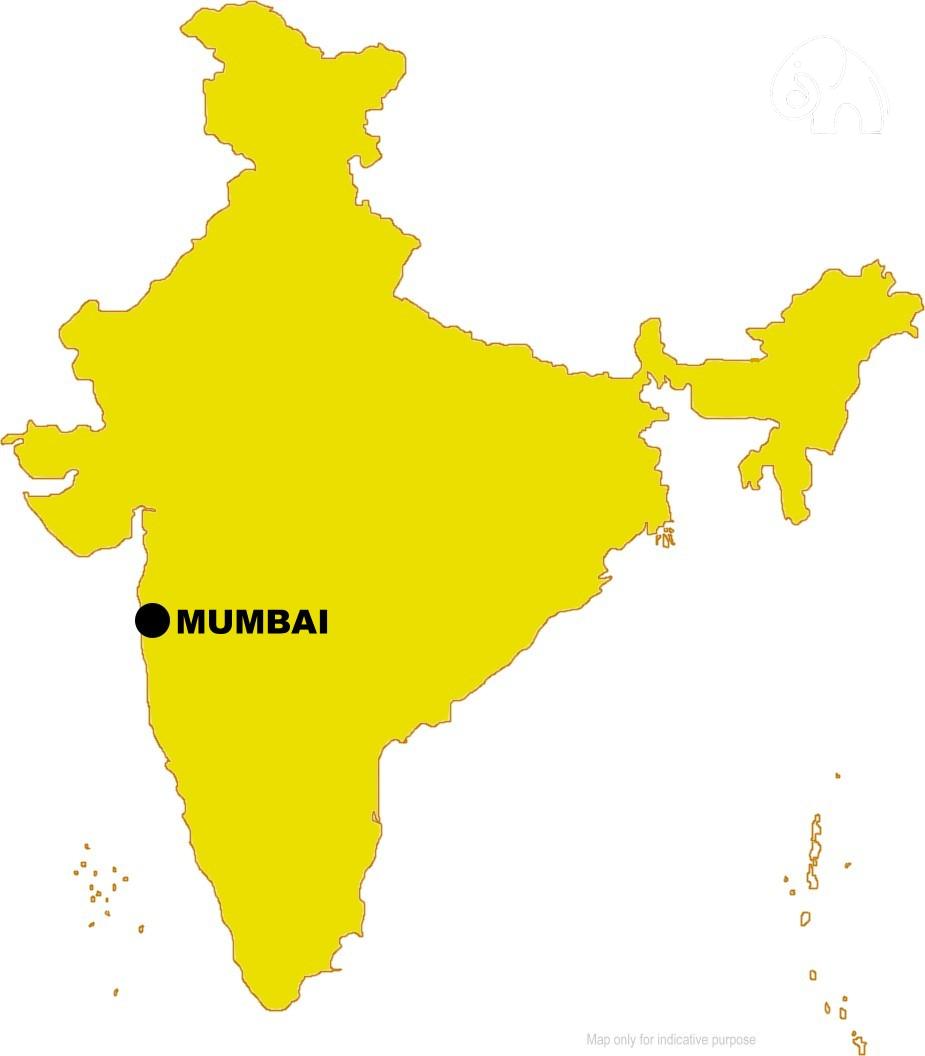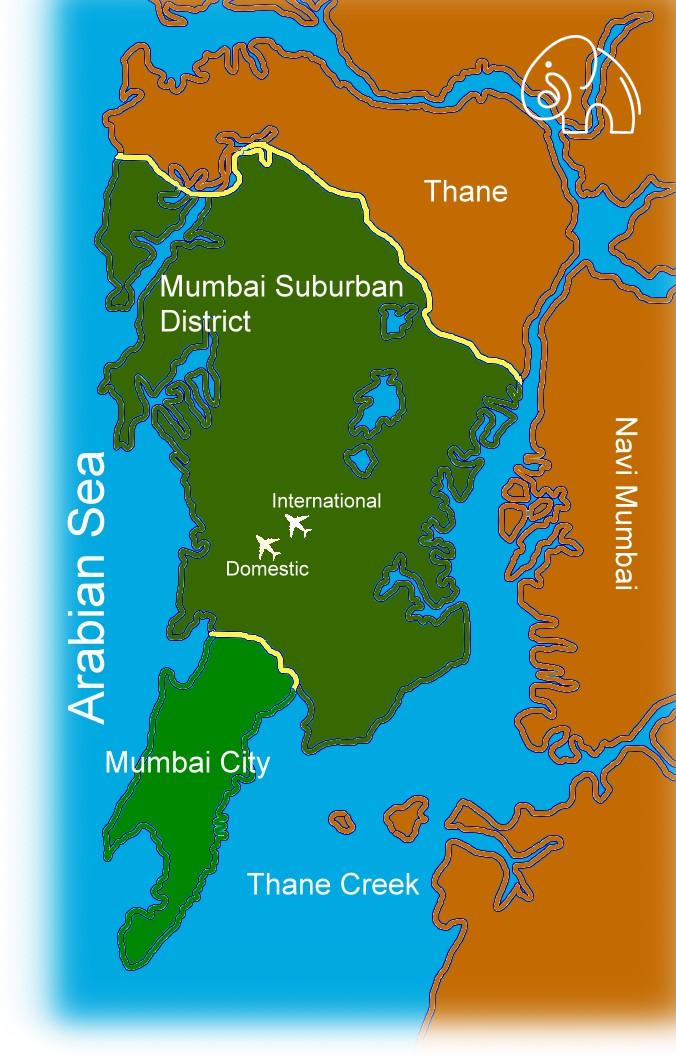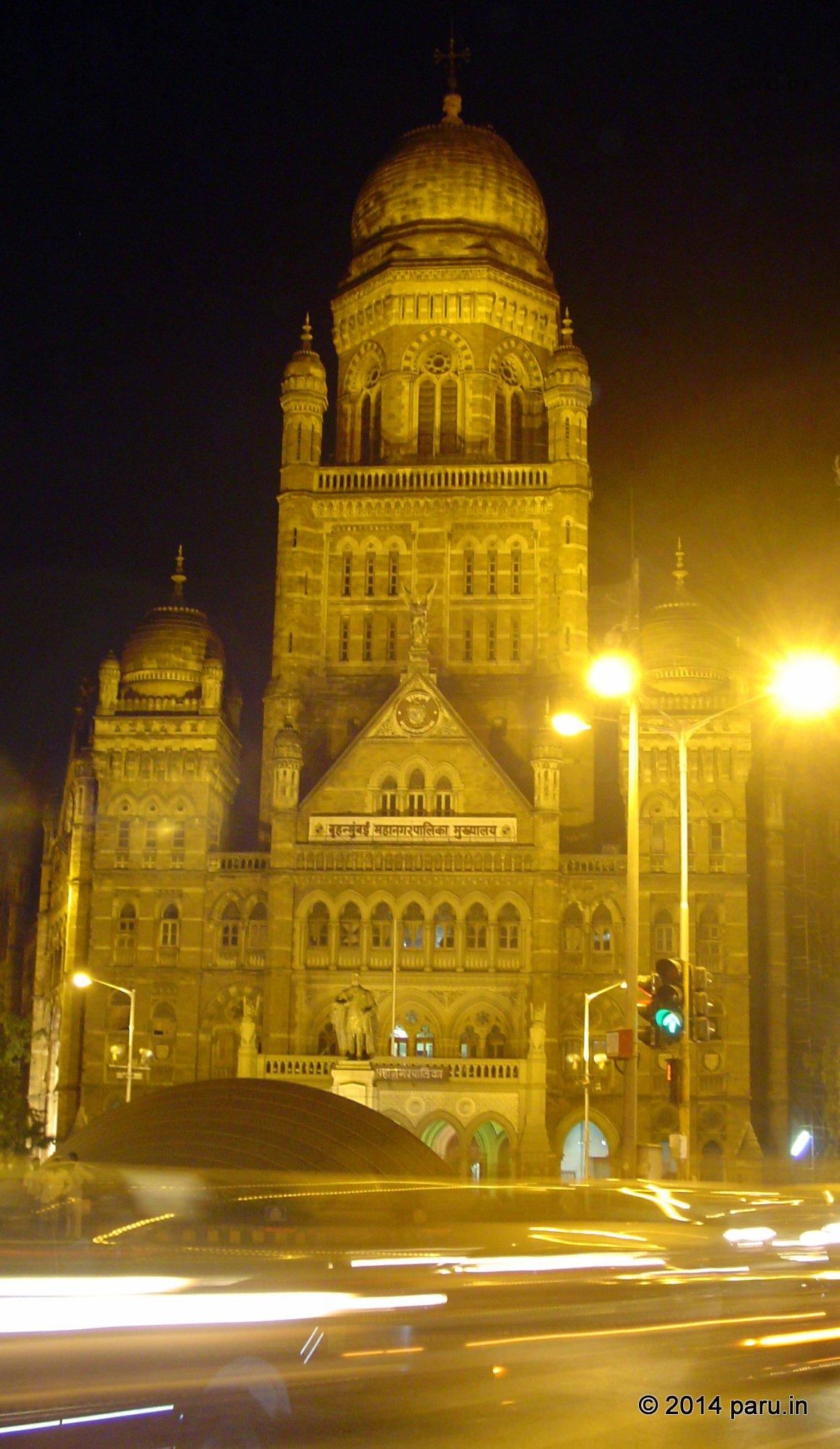Mumbai
Geographically, the present day Mumbai's origin was an archipelago formed by seven swampy islands formed. Over the past 400 or so years of its history, these islands were joined and consolidated into the current landmass constitutes Mumbai.
S
almon Rushdie in his novel "The Moor's Last Sigh" describe Mumbai as "Bombay (Mumbai) was central, had been so from the moment of its creation: the bastard child of a Portuguese-English wedding, and yet the most Indian of Indian cities. In Bombay all Indias met and merged. In Bombay, too, all-India met what-what-not-India, what came across the black water to flow into our veins. Everything north of Bombay was North India, everything south of it was South. To the east lay India’s east and to the west, the world’s West. Bombay was central; all rivers flowed into its human sea. It was an ocean of stories; we were its narrators, and everybody talked at once."In 1534 the Portuguese acquired the islands through a treaty with the local ruler.
In 1661 these islands came to the British Crown as dowry of the marriage treaty of Charles II of England and Catherine of Braganza, daughter of King John IV of Portugal.
The Crown later leased it to the East India Company, who saw value of its location as a natural harbor in Arabian Sea.
By 18th century it became a major shipbuilding yard on the western cost of Indian peninsula. The trading and industrial opportunities brought very many business communities to this otherwise islands in inhabited by local fishermen folks. That migration lured by the business opportunities gave Mumbai its multicultural genesis.
Though the archipelago is merged largely, you can still see a number of islands off the Mumbai cost. Many of them are out of bounds on security grounds ( like the Middle Ground Coastal Battery , the Oyster Rock, the Butcher Island ). Elephanta Island is a very important heritage destinations with the Elephanta Caves which is a UNESCO World Heritage Site.
Apart from the Gateway of India , the major attractions in Mumbai include the 1903 built Taj Mahal Hotel , the aircraft carrier converted Museum Ship Vikrant , National Gallery of Modern Art , Prince of Wales Museum later renamed as Chhatrapati Shivaji Maharaj Vastu Sangrahalaya, the Jehangir Art Gallery on MG Road, the Flora Fountain in the Fort Area , the Horniman Circle, Chhatrapati Shivaji Terminus ( the erstwhile Victoria Terminus ) , Marine Drive , Chowpatty Beach, Haji Ali’s Mosque, Mahalakshmi Temple, Juhu Beach and so to name a few prime attractions.
If you stretch a bit more , the attractions around Mumbai include Elephanta Caves , the Kanheri Caves and the Sanjay Gandhi National Park near to Kanheri.
A great number of long distance trains in India radiates from Mumbai. So are the international and domestic air connections . That makes Mumbai an ideal gateway point for India.

Mumbai is located on the western coast of India, facing the Arabian Sea
Mumbai is located on the western coast of India, facing the Arabian Sea

Mumbai and surrounding regions
Mumbai and surrounding regions

Municipal Corporation Building at Mumbai
Frederick William Stevens, the same architect who designed the CST building designed the Municipal Corporation Building too.
